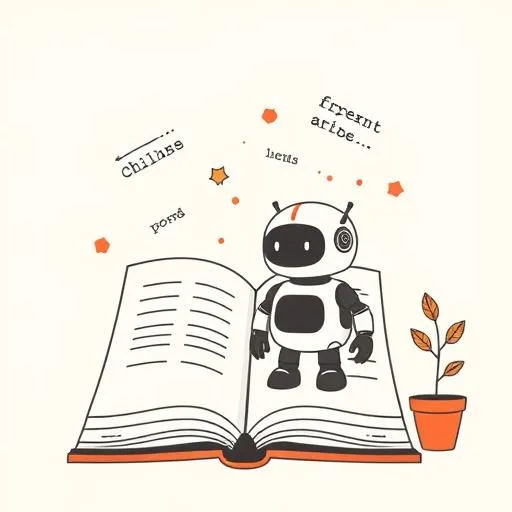
Ever watched your little one proudly show off a drawing, only to realize they ‘borrowed’ a friend’s idea without asking? That mix of innocence and oversight—well, it turns out even brilliant AI companies sometimes need a gentle reminder about giving credit where it’s due. Can you believe it? Anthropic just dropped a whopping $1.5 billion in their settlement with authors over pirated books—and honestly, this isn’t just a headline; it’s a doorway to conversations about creativity, fairness, and how we guide our kids in a world where technology and imagination increasingly intertwine.
What Happened With Anthropic’s AI?
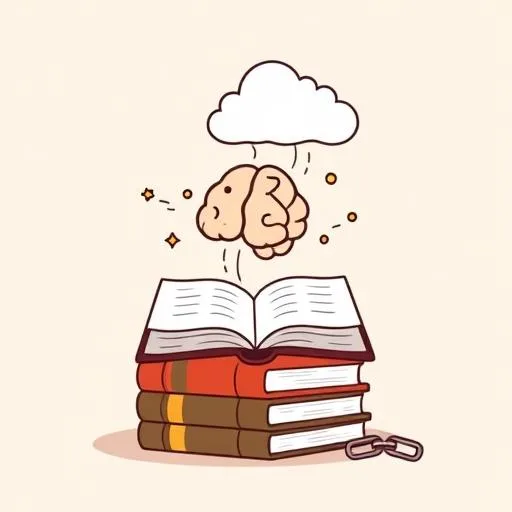
So here’s the scoop: Anthropic, the maker of the AI chatbot Claude, agreed to pay $1.5 billion to settle a lawsuit brought by authors who claimed their books were used without permission to train the AI. Yep, you read that right—billion. The authors argued their copyrighted works were essentially ‘pirated,’ scanned, and fed into the AI’s learning system. As part of the deal, Anthropic will also destroy the original book files it downloaded. It’s one of the largest settlements ever in the AI space, and honestly, it feels like a watershed moment. Think of it like this: if someone borrowed your family recipe, tweaked it slightly, and started selling it as their own—you’d want recognition, right? Same idea, just on a massive scale.
Why Should Parents Care About AI Ethics?
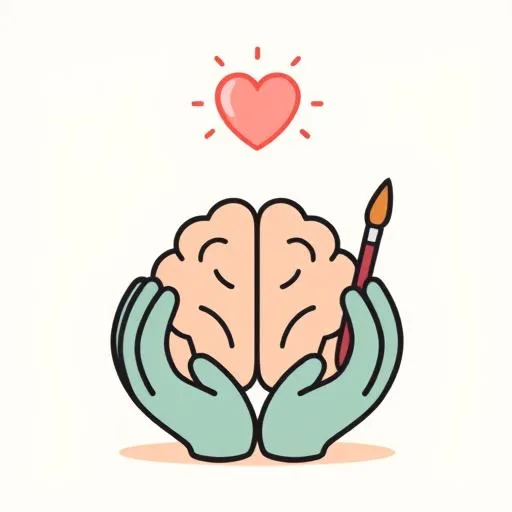
Now, you might wonder, “What’s this got to do with my kiddo building LEGO castles or doodling rainbows?” Seriously, our kids are growing up in a world where AI isn’t some futuristic fantasy—it’s right there in their tablets and toys! This settlement underscores a crucial lesson: creativity deserves respect. Whether it’s an author’s novel, your little one’s carefully drawn picture, or 우리 아이들’s creative craft, the idea that original work has value—and that borrowing without permission isn’t okay—is something we can start teaching early. It’s about nurturing that innate sense of fairness and empathy, whether they’re sharing toys at the playground or someday using AI for school projects that blend their rich cultural heritage.
How Can We Talk About AI Ethics at Home?
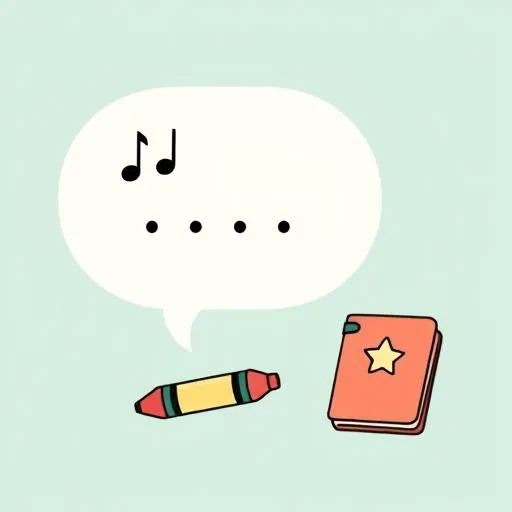
So how do we make this relatable around the dinner table? Try this: next time your little one is crafting a story or drawing—whether it’s creating their own Korean folk tale or drawing Canadian landscapes—chat about where ideas come from. Remember how Anthropic had to say sorry for using others’ books? It’s like if you used your friend’s cool idea for a drawing without asking. Always better to create together or give credit! It’s not about scaring them; it’s about empowering them to be thoughtful digital citizens. Why not mix in a fun activity? Grab some paper and have a ‘create your own story’ session—no screens, just pure imagination. It’s a small way to celebrate originality and remind them that their ideas are precious too.
What Does This Mean for Tech & Integrity?
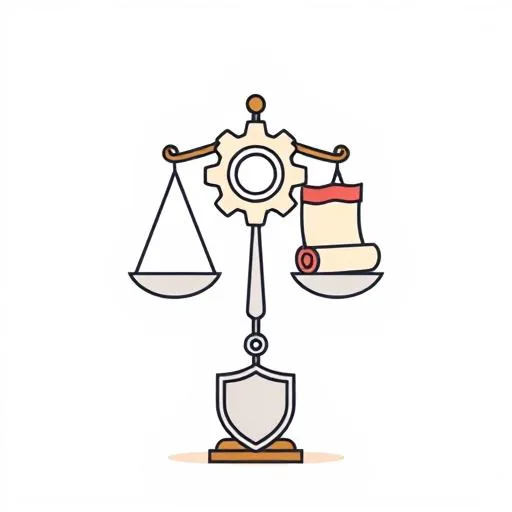
As parents navigating this digital landscape, we need to consider what all this means for how we introduce technology to our kids. This case isn’t just about money; it’s about setting a precedent. As research highlights, courts and experts are still figuring out how copyright law applies to AI—like whether AI-generated content can be copyrighted or if training models on existing works is fair use. For us parents, it’s a reminder to stay curious and critical. When we introduce tech tools to our kids, we can ask: How many of us stop to consider where the images our kids use come from? Does this encourage creativity or just mimicry? Does it respect others’ work? By fostering that balance, we’re helping them grow into innovators who value integrity as much as invention.
Raising the Next Generation of Mindful Creators
At the end of the day, this settlement feels like a step toward a more ethical tech landscape—one where companies (and hopefully, future generations) prioritize permission and partnership. Imagine a world where AI helps kids brainstorm story ideas while highlighting the original inspirations! It’s all about guiding them to use technology as a tool for good, not a shortcut that overlooks others’ contributions. What values do we want to instill when our children interact with these powerful creative tools? So let’s absolutely keep these conversations alive and thriving—not as rules, but celebrations of where creativity meets respect, because our kids are our future ethical innovators!
Source: Anthropic Will Pay Authors $1.5 Billion as Part of Settlement Over Piracy Lawsuit, International Business Times, 2025/09/06 15:17:15
